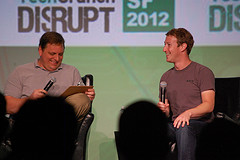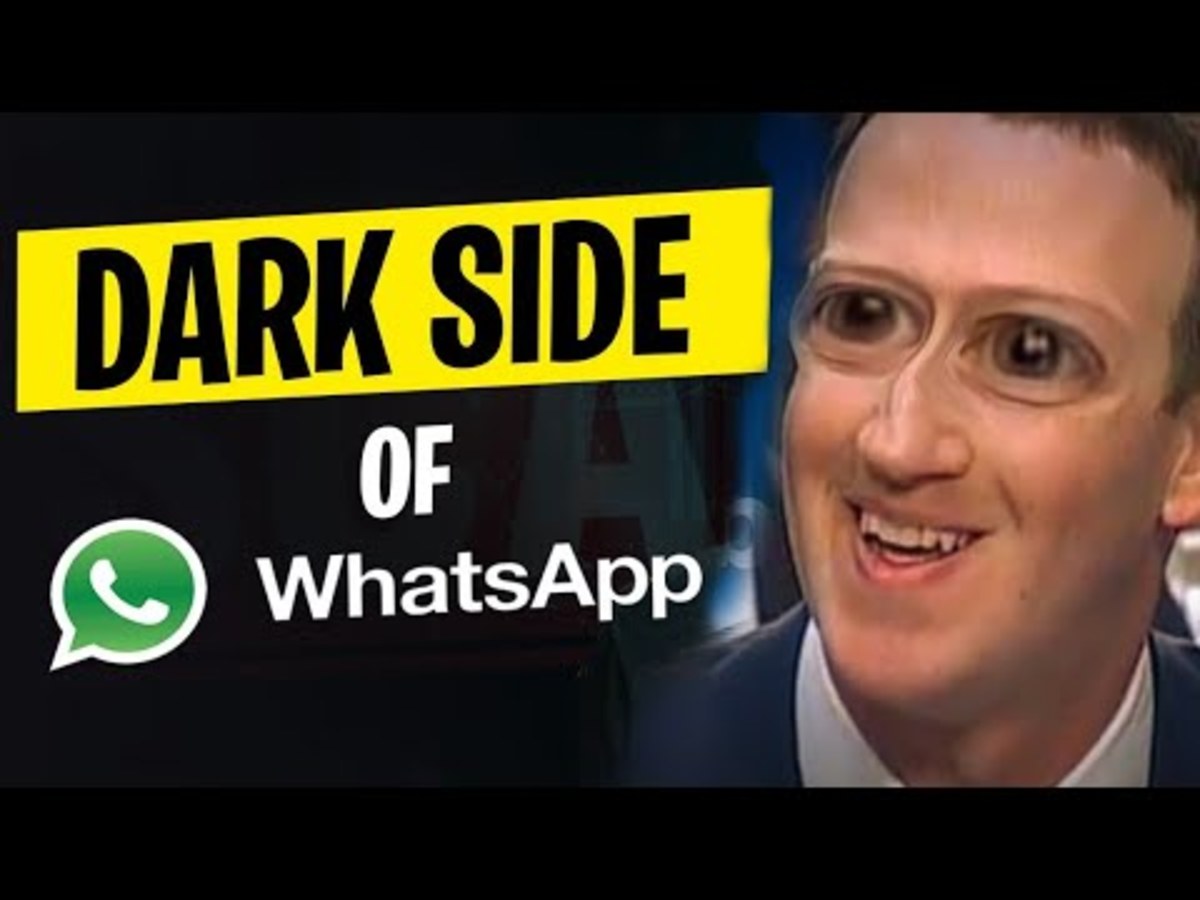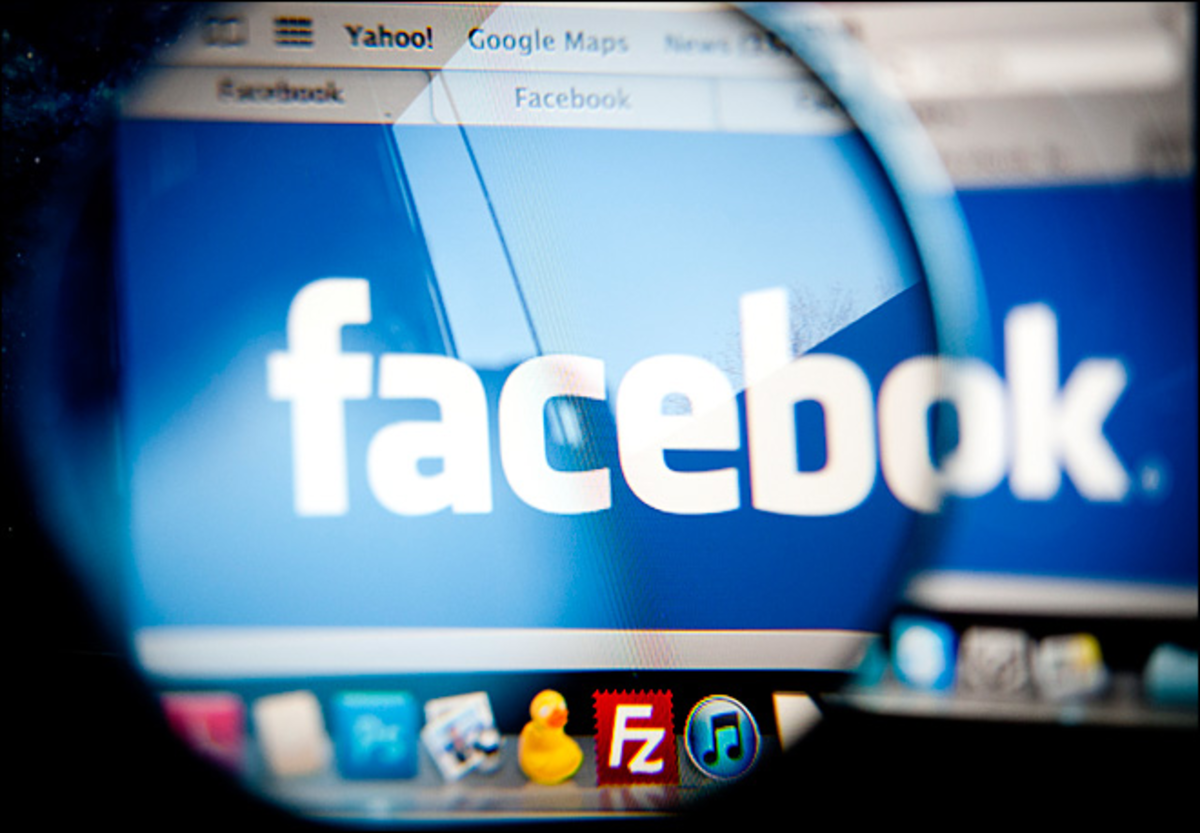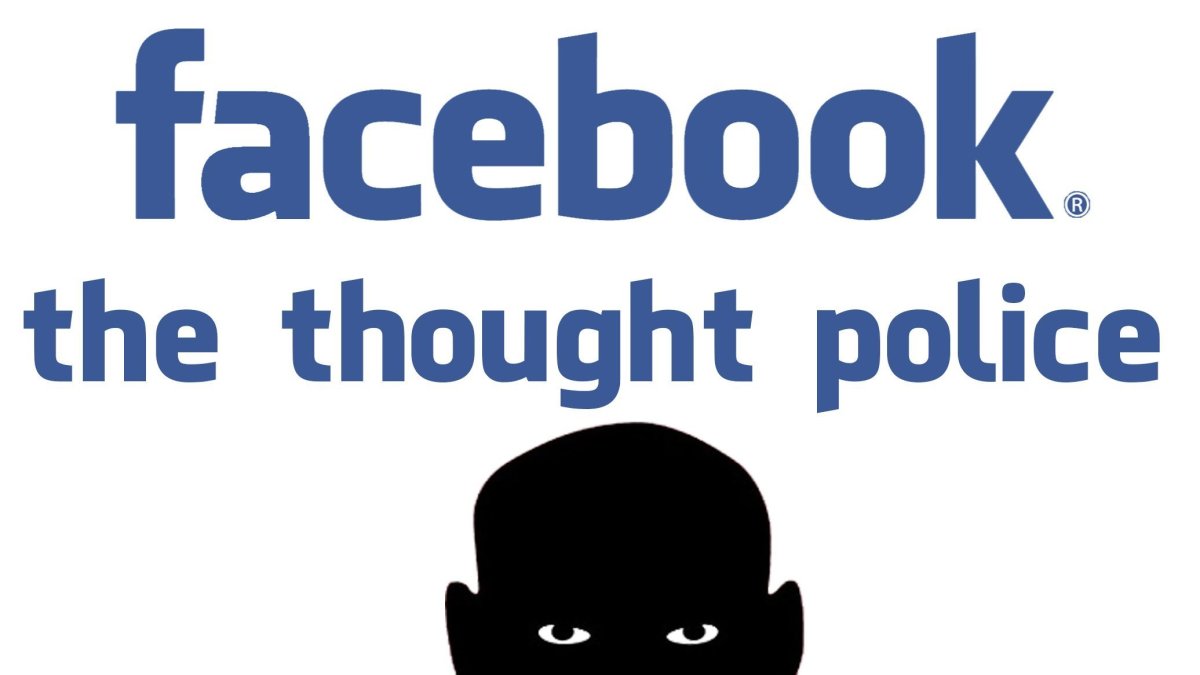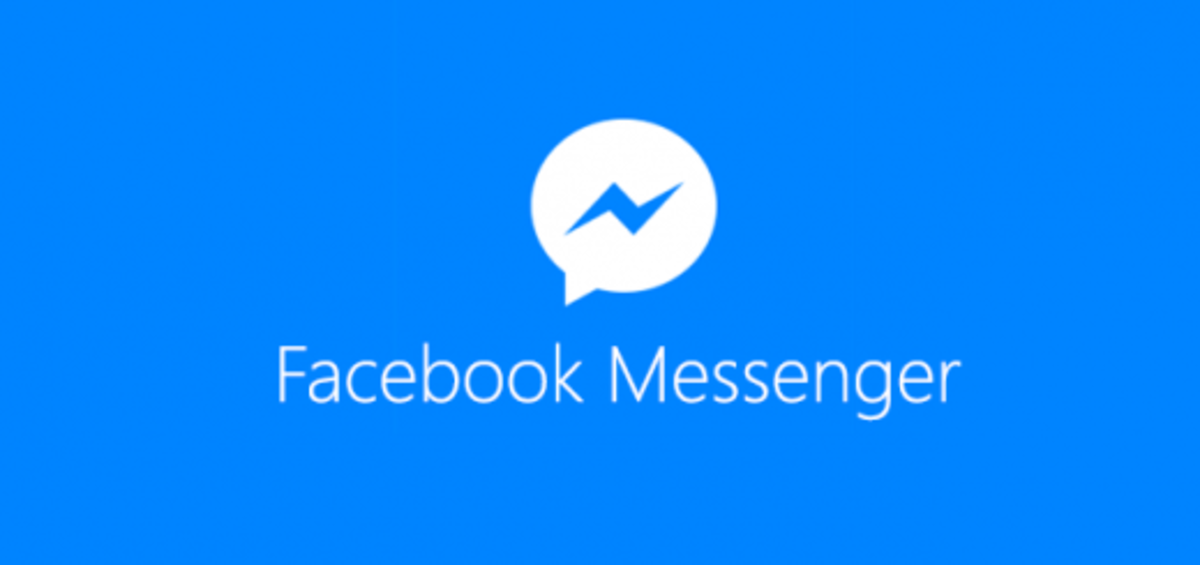- HubPages»
- Technology»
- Internet & the Web»
- Social Networking
WhatsApp Facebook deal: A lesson worth million dollars for the Entrepreneurs
Few months back all the newspapers, radios, television channels were flooded with the reporting of the acquisition of WhatsApp by Facebook. $19 billion was the buzzword. This acquirement was something which dominated all over the Silicon Valley.
Most of the people all over the world have the perspective that Mark Zuckerberg has really gone crazy to pay so much for an ordinary messaging app. Here is what we think about the takeover of WhatsApp and what we as an entrepreneur can learn from it.
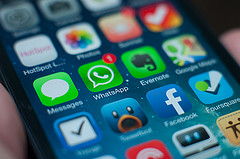
Did Mark Zuckerberg go insane while paying $19 billion to acquire WhatsApp?
I cannot say it confidently if Zuckerberg was really crazy. Even though WhatsApp had 450 million active users, yet $19 billion is a huge sum of money for acquiring a mere messaging app. Reports revealed that the net turnover of WhatsApp in 2013 was $20 million.
With a bit of mathematics one will find out that Zuckerberg paid 950 times more money than the actual revenue return of WhatsApp. If you are thinking that Facebook earns 22 times more revenue then what it invested and it is not at loss, then let me make it clear to you that Zuckerberg had to struggle really hard in order to justify the acquisition price.
2. What made Mark pay such a huge amount?
Here I can firmly explain why Zuckerberg paid such a huge amount to takeover WhatsApp. If Facebook would not have purchased WhatsApp, Google would have done so. Zuckerberg in no case could have let Google acquire the messaging app. All the endeavors that Google made in the sector of social media couldn’t generate much success. Moreover, the mobile initiatives of Google except Android couldn’t generate much hype. Acquisition of WhatsApp by Google would have placed the internet giant among the top slot in the sector of social media, mobile applications, and photo sharing. Zuckerberg had no threats from WhatsApp as an independent entity; he was afraid of WhatsApp merging with Google.
At this moment of discussion, we should not forget how Google was condemned for paying $1.6 billion in order to acquire YouTube. This investment of Google prevented its rivals from acquiring the most sought-after video website. In today’s date, Google can very well sell YouTube at a price much higher than $19 billion.
Zuckerberg’s mind was very clear. He knew what he was going to do. Facebook’s mastermind paid this huge amount to WhatsApp because he knew that this takeover would certainly generate huge profits in the future. In 2013, WhatsApp earned a profit of $20 million. Zuckerberg analyzed that this profit level would increase manifold in 2014 and in the upcoming years.
Moreover, the offer presented by Facebook was very huge and WhatsApp couldn’t have said no to such an alluring proposal. Google had offered $10 billion whereas Facebook extended an offer of $19 billion. In such a situation it was obvious for WhatsApp to go with Facebook.
The acquirement of WhatsApp has a number of lessons for the entrepreneurs
Market management strategy and economic policies is the need of the hour
People all over the globe were heard saying that WhatsApp is merely a messaging app, its technology is a simple one and there is nothing new in its infrastructure, etc. However, it still had a huge user base and earned a lot of profit. It is mainly because of the marketing strategy and the sophisticated economic policies it followed.
Keep your staff limited
WhatsApp only had 55 employees. In fact there was no need to appoint a big staff. Managing a small staff made them save a lot of money and paved a path to earn huge profits. This ultimately forced Zuckerberg pay such a hefty amount.
Introduction of new business model
I’m highly impressed with WhatsApp. The reason behind my increasing affinity for WhatsApp is not the money that it got after becoming a part of Facebook, but it is a new business model which this app established.
All those who use WhatsApp know that it is free for the first year, and then charges $1 every year. WhatsApp had around 450 million users. With such an enormous user base, the profits of this messaging app would have soared from $20 million to hundreds of millions in this year.
This is an excellent business model for those who want to establish themselves as a giant in the field of mass consumer app. In fact $1 is such a meager amount and hardly anyone cares about it, especially when it is to be paid on yearly basis. This model, if followed, yields a lot of revenue.
$1 is a very scanty amount and any active user will pay such a small sum of money without any hesitation.
It wouldn't be surprising if a lot many companies based on this model come up in the future.
